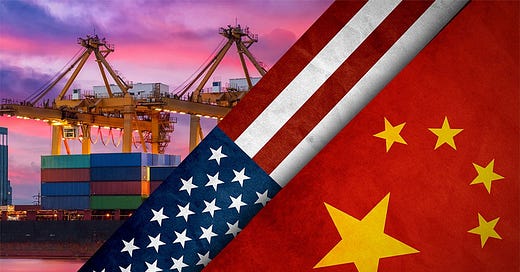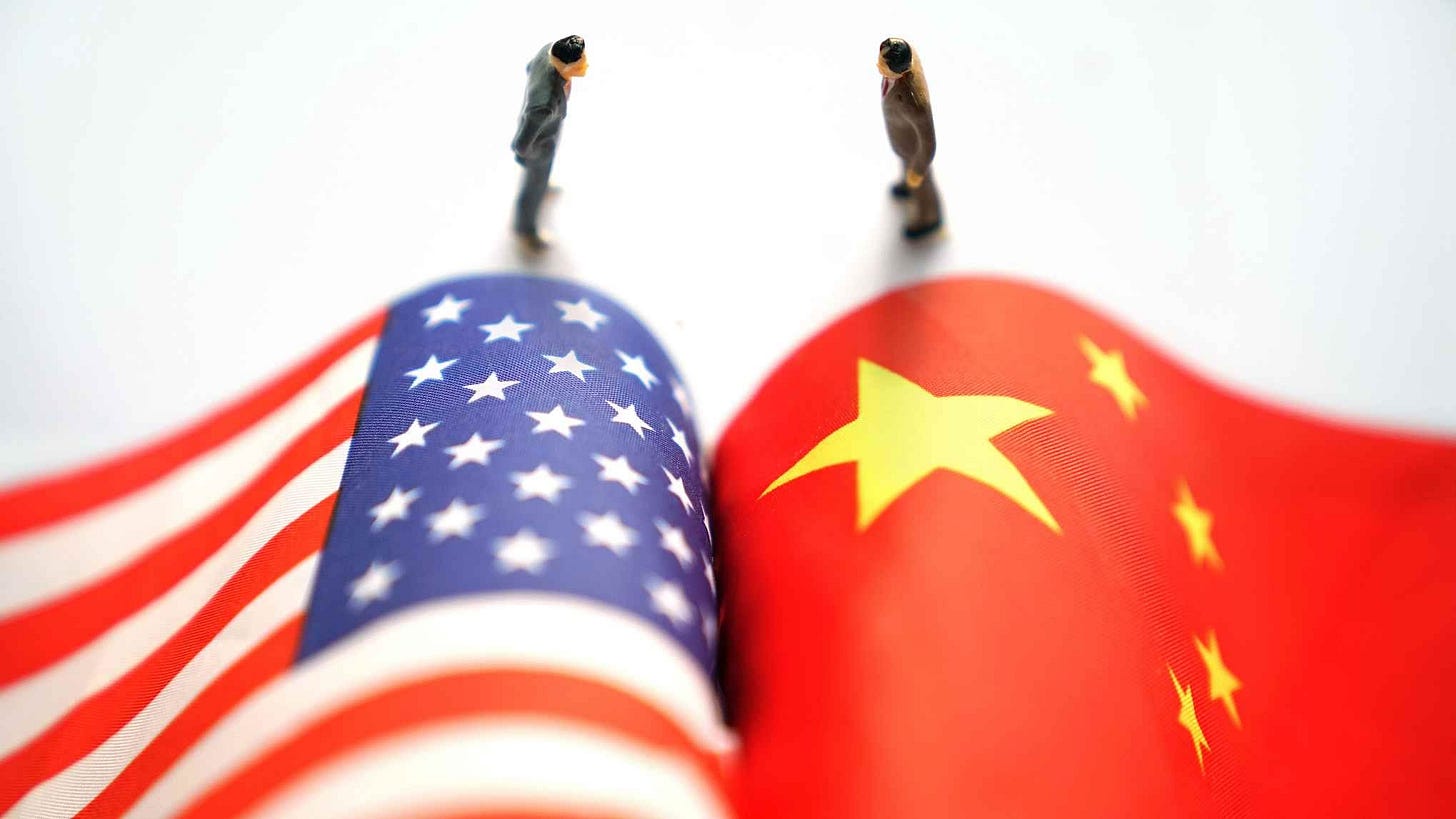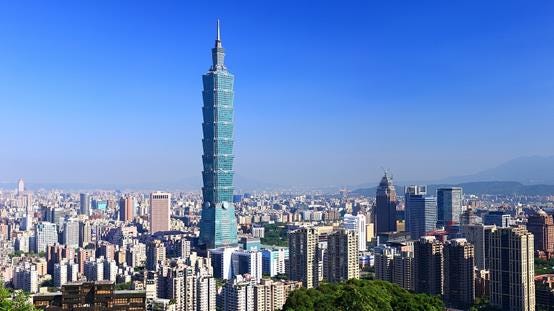On-Site | How does China view its ties with the U.S. in Trump 2.0?
As Trump 2.0 unveils, many are now wondering: What do relations between the world’s two largest economies mean?
Within just one week, three major things have emerged that could shape China-U.S. relations over the next four years as Trump 2.0 unveils. These include Xi Jinping-Donald Trump diplomacy via phone calls, Xi’s decision to send a special representative to attend Trump’s inauguration ceremony, which is unprecedented, and reports suggesting that Trump has told his advisers he wants to visit China after taking office. Many are now wondering: What do relations between the world’s two largest economies mean?
Leaders’ interactions matter
“How Trump administration defines its China policy in the second term heavily depends on the evaluations of Trump himself and his team,” said Da Wei, director of the Center for International Security and Strategy (CISS) at the Tsinghua University and a well-known expert in China-U.S studies. He noted that early interactions between the leaders of the two countries in the coming three to six months will be critical. “From Beijing’s perspective, China's policy towards the U.S. in 2025 is also critical for the future trajectory of bilateral ties,” Da Wei added.
“Both leaders agreed to set up a channel of strategic communication to keep regular touch on major issues of shared interest” was one of key messages sent in a readout issued by Chinese Foreign Ministry following a phone call between Chinese President Xi Jinping and U.S. President-Elect Donald J. Trump on January 17, just three days before Trump’s inauguration.
Indeed, more than 20 communication mechanisms between China and the U.S. have been restarted or established in the past four years, yielding positive outcomes in areas such as diplomacy, security, economy, trade, fiscal affairs, finance, military, counternarcotics, law enforcement, agriculture, climate change, and people-to-people exchanges. Dialogue and cooperation in law enforcement areas, particularly regarding fentanyl, are especially worthy of attention, as Trump placed significant emphasis on the issue during his first term.
At the invitation of the U.S., President Xi’s special representative, Vice President Han Zheng, will attend President Donald Trump’s inauguration ceremony. An expert in diplomatic circles who wished to be anonymous said this marks the first time a senior Chinese leader will witness a U.S. president being sworn in, as previously only Chinese ambassadors to the U.S. attended presidential inaugurations. President-elect Donald Trump has reacted to it. Reports also indicate that President-Elect Trump has told advisors he plans to visit China after taking office.
China has “know-hows” in dealing with Trump 2.0
In China, an increasing number of people agree that China should focus on doing what it believes is right, rather than merely reacting to U.S. the actions. This viewpoint has now become mainstream.
In the face of U.S. restriction, China has not only demonstrated resilience, but also enhanced its innovation, adaptability and self-reliance in response to the so-called "intensified sanctions" from the U.S. As U.S. restrictions against China were hyped, China’s determination for self-innovation and further openness only grew.
“Compared with his first term, Trump 2.0 is expected to be more mature. He will likely place greater emphasis on demonstrating leadership and earning respect from other countries,” said Sun Chenghao, a fellow of the CISS at Tsinghua University and a visiting scholar at Paul Tsai China Center of Yale Law School. He noted that Trump’s China policy is expected to be more hard-line, with the next phase of China-U.S. relations facing risks and challenges, as well as opportunities for easing tensions – yet cooperation cannot be one-sided.
Division among members of Trump’s economic team towards China does exist: Some may advocate for punishing China through trade wars and tariffs, while others may prefer negotiating and striking deals.
“Many people are now saying that Trump prefers deals and would like to make deals. But first, we need to see what Trump exactly wants to trade with China. Second, even if he intends to make deals, he would certainly use the tactics of putting pressures on China before doing so,” said Da Wei.
For China, the U.S. manipulation of its territorial integrity is the “red line”
During Xi-Trump phone call on January 17, President Xi reiterated that the Taiwan question concerns China’s sovereignty and territorial integrity, and the U.S. side needs to approach it with prudence.
“Trump himself is not very interested in the Taiwan affairs, but if some hardliners in the U.S. continue to manipulate the Taiwan question, using it as a pawn against the mainland, tensions in the Taiwan Strait will intensify, potentially leading to a risk of military friction,” said Sun Chenghao, emphasizing that open communication and risk management between Beijing and Washington D.C. are important. At the same time, both need to understand each other’s stance to avoid misjudgments.
“The Taiwan question is undoubtedly a hotspot in China-U.S. relations,” professor Da Wei echoed these sentiments, suggesting that Chinese mainland should increase dialogue and exchanges with the U.S. as much as possible to convey the concerns and dissatisfaction over certain American politicians’ dangerous signals sent to the secessionists on the island. “When necessary, Beijing needs to send clear and strong signals through actions,” Da Wei added.
Professor Da Wei further illustrated that it’s not China’s first time dealing with a Trump administration, and there has been ample time for Beijing to consider how to respond. “China has more experience and is more confident now, compared to eight years ago when Trump got first elected,” he concluded.
Stay tuned for more updates on China's political, economic, and cultural landscapes.
Disclaimer: This newsletter is for informational purposes only. All sources are publicly available and subject to change.
Shen Shiwei’s Social Media Links
X: @shen_shiwei Facebook: Shen Shiwei






